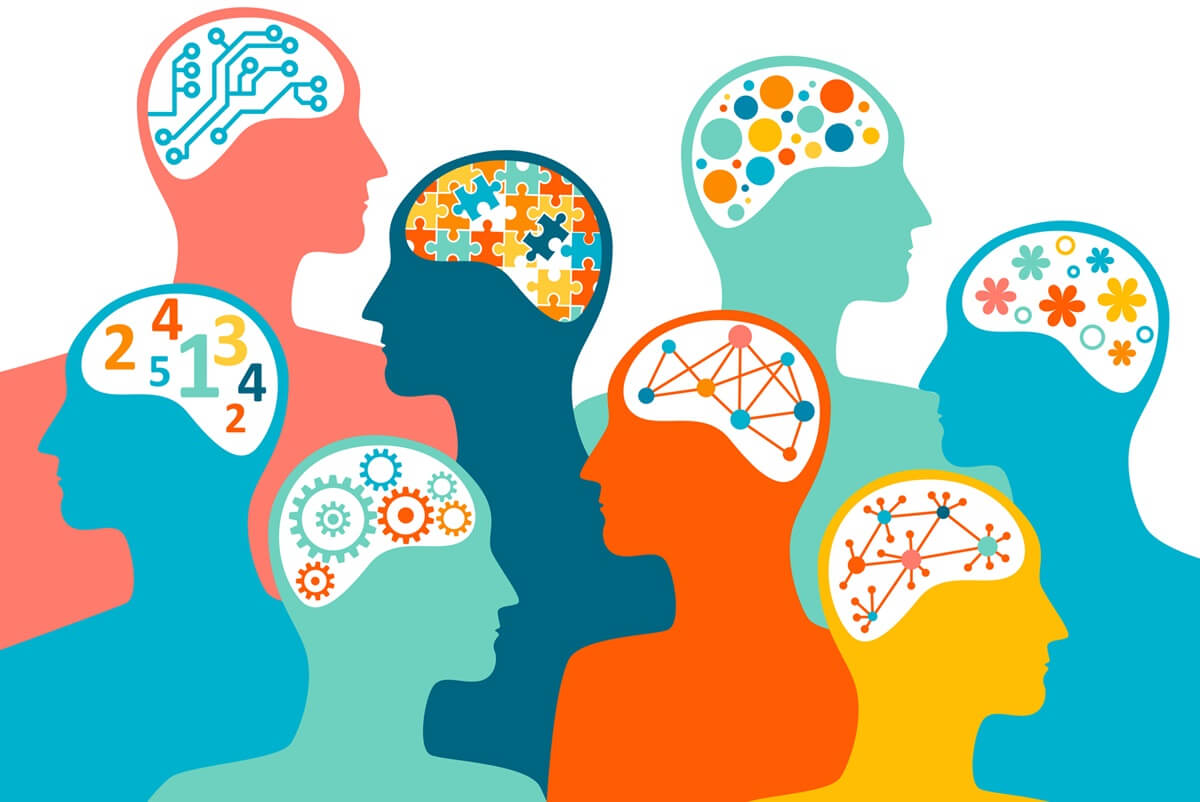The holiday season is upon us again. For most of us, that means time with family – bringing cheer, joy, happiness and (if we’re being honest) stress into our lives. But often times the exact opposite happens – I don’t think the internet needs another hit for the statistic on holiday season suicides (a myth, by the way). This year, how about trying a new strategy to find happiness and relaxation instead of giving presents? T’is the season to give the gift of presence.
Mind Wandering
What exactly does that mean? The concept of presence is fairly simple: all you need to do is focus on what you’re experiencing in the present moment. It seems so easy, right? It may come as a surprise, then, that humans spend an average of 47% of their time with the mind wandering, and no less than 30% of the time mind-wandering during any single task. That’s nearly half of your time.
The Real Source of Happiness
Even more interesting is the correlation between presence and happiness. Harvard researcher Matt Killingsworth has been studying happiness for years using this app, to study people of all:
- ages
- genders
- ethnicities
- lifestyles
He found that the most significant source of happiness doesn’t come from income, marital status or age – it comes from experiences. What we’re doing, who we’re with and what we’re thinking about – or, to put it simply, our presence – are the things that influence our happiness the most.
As Killingsworth put it in a 2011 TED talk, “the paradox of happiness is that even though the objective conditions of our lives have improved dramatically, we haven’t actually gotten happier.” This is especially true during the holidays; even when surrounded by family, friends and celebration, it’s sometimes hard for us to feel happy.
A Unique Trait to Our Species
Humans are one of the few animals with the ability to focus our attention on something other than the present. You may think this is a good thing – the ability to focus on positive things when you’re in a negative or unpleasant situation. Well, the data suggests that’s not the case. Even when doing the most unpleasant tasks, Killingsworth found that people reported more happiness when they were focused in the present moment even in bad situations.
How to Master Presence
The beauty of presence is that quite literally everyone can benefit from it. While it’s easy to get distracted, being present can be trained with practice. Focus on what’s in front of you, and direct your thoughts back to that task or experience when you find that your mind has wandered off.
One of the easiest ways for me to practice this is to unplug. Putting all of my devices down and not thinking about them has been the most liberating thing I’ve done in a long time. This will be hard at first, but if a Millennial can do it, so can you.
Lastly, and most importantly, try not to worry. When the mind wanders, it almost always goes to a negative thought – because we tend to train our brains to focus on the negative. Especially during the holidays, it can be easy to worry about:
- family members judging you
- making people happy
- the pressure of entertaining
- etc.
When you notice that you’ve started to worry, make a mental note of it, let it go and then transfer back to your present experience.
Being present means feeling happier, and everyone deserves that, especially during the holidays. Happiness is the most valuable gift that you can give to those you love. This year, give people your presence – not presents.










